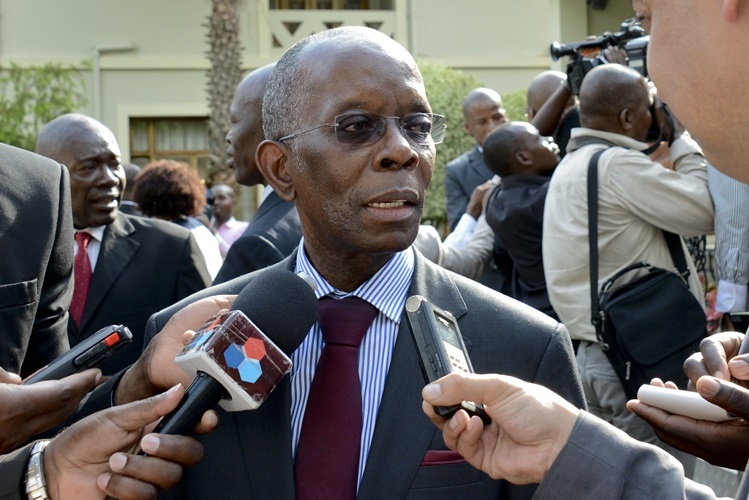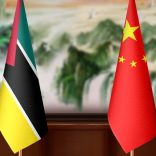Mozambique: USAID accounted for 3% of GDP, its suspension increased foreign exchange scarcity - ...
Mozambique to meet creditors in March to restructure public debt – Finmin

File photo
The Mozambican government is to meet commercial holders of the country’s public debt in March with to discuss debt restructuring, Finance Minister Adriano Maleiane announced yesterday.
“We have been working on a strategy to bring our public debt to sustainable levels and have interacted with the relevant institutions, and we are now in a position to go to London to discuss [the matter] with creditors,” he said, without elaborating.
“We have a team that is negotiating”, and the meetings are expected to take place “in the second half of March,” he added.
Noting that he was always confronted with the issue of debt restructuring whatever the public occasion, Maleiane told reporters at a ceremony at the Ministry of Finance: “Let us leave this debt issue, which is already well covered.”
He did however point out that 87 percent of Mozambique’s debt was of multilateral origin (with financial institutions) or bilateral (agreed between countries) and in relation to this majority share “there are no problems at all.”
“What we are discussing represents 17 percent [of the country’s debt stock], but 50 percent of the total debt service. That is why it is a problem, and that is what we are negotiating,” he concluded.
The hole in the public accounts opened up in 2013 and 2014 when, according to an international audit, three public companies contracted debts of about two billion dollars with state guarantees signed in violation of the law in what became known as the hidden debt scandal.
The fate of most of the money remains to be ascertained, the companies concerned justifying secrecy as a matter of national security.
Among the creditors are the holders of US$727.5 million worth of debt securities which Mozambique has already defaulted on. Holders of these securities (the exchanged Ematum bonds) refuse to be equated with the banks and investors who lent the remaining US$1.4 billion to public companies Mozambique Asset Management (MAM) and Proindicus.
The banks that lent money were Credit Suisse and Russia’s VTB, whose chairman Andrey Kostin told Bloomberg a month ago that he was to meet with the Mozambican president “to persuade him to negotiate” the payment of the country’s debt.
The rating agency Standard & Poor’s (S&P) said at the beginning of February that it was “likely” to re-evaluate Mozambique’s rating for foreign currency issues when restructuring was complete, although no deadline was yet clear.
In the meantime, S&P is maintaining the country’s selective default rating, the lowest possible, because of its default on foreign currency securities, placing it at B- for sovereign debt issues in local currency and at B for the longer term.
In the markets, there are signs of optimism. Bonds that resulted from the Ematum bond swap recovered from the sharp devaluation which followed the announcement in October 2016 that the government would not pay creditors, and in January were trading at US$0.83.













Leave a Reply
Be the First to Comment!
You must be logged in to post a comment.
You must be logged in to post a comment.